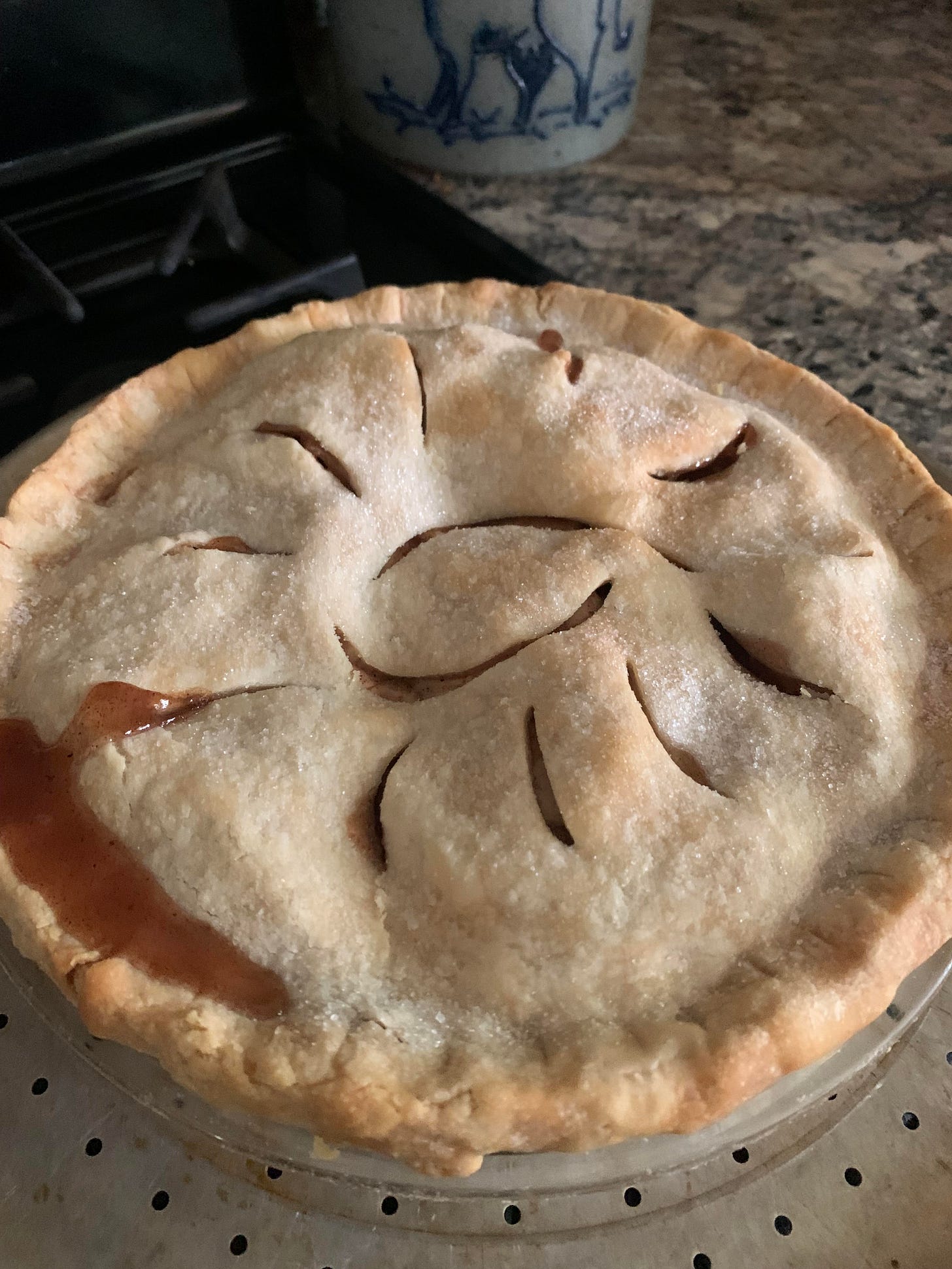036 - On remembering
There may be things we could do.
Welcome back (or welcome)!
I have a small story for you. Or maybe two.
“I will always remember you,” the woman repeated.
I couldn’t hear her the first time.
A BiPAP breathing mask pushes air into the lungs. Speaking is difficult. Hearing is difficult.
I adjusted my chair. I leaned closer so I could see her lips. I said, “I couldn’t hear you.”
“I will always remember you,” she said.
I had met her five minutes before in the ICU. She wasn’t doing well. She was able to talk a bit. We did. In short sentences, in simple questions. When you are wearing a mask, long answers are hard to offer. Eventually, I asked if she’d like a prayer. She closed her eyes. I touched her hand. We talked with God.
When I was making preparations to leave, she said it.
“I will always remember you.”
I responded in kind. And left.
I thought about how long “always” might be in her case. It won’t be long in years, or days. But if she remembers me for the rest of her hours, for simply spending a bit of attention, how humbling is that.
The day before, in a different hospital, in a different ICU, I realized that I hadn’t recognized someone I will always remember. And often forget.
We had spent time together in a difficult moment. It was more difficult for them. Over the next couple weeks, it got better a bit. And then it got awful.
We talked again months later at a grief presentation I led.
I always remember those moments when I walk past a particular consult room. When we talk about the difficulty of death during the pandemic, that’s a story that captures hard.
On Sunday this week, we were both at a patient’s room. I suddenly realized this coworker is that person. I discovered that they had been back to work for many months, that I have walked past several times. But we hadn’t made eye contact, I hadn’t remembered, until this week. At first, I felt that sense of having failed them, of having ignored a difficult return to work. Of appearing to not be a caring person.
But in the last couple days, I’ve mostly quit telling myself that story.
I, and you, are not called to provide care to all the people all the time. We are not the chaplain or the mom or the friend to all the world. We cannot care about all the things. Doom-scrolling is not a calling.
The calling is, for me as a chaplain, to attend well to the people in front of me at the moment. All the attention I can offer, all the silence and presence I can be part of. And when, in times later I see them, I am invited to actually see them. To remember them. But not to take them and me back through everything. I often talk about the difference between a chaplain as a pastor in this way. Pastors get whole lifetimes to care and grow with a few people. Chaplains get a whole lifetime in 10 minutes.
I sent a couple cards this week, weeks after the loss of a loved one. The timing will be fine. I got a note and encouragement from someone who has known me all my life this week. The timing was perfect.
When you are reminded to send a card, do it. When you are reminded to offer a greeting, do it. When you think, “I could do this,” do it. When you start being trapped by “I should do this,” abandon that obligation. Be helpful more than being obliged.
But be helpful.
And be willing to reflect on the significance of being remembered by a person in an ICU bed. Not for all that you did for them. For simply being with them.
I’ll be here next week.
Jon



